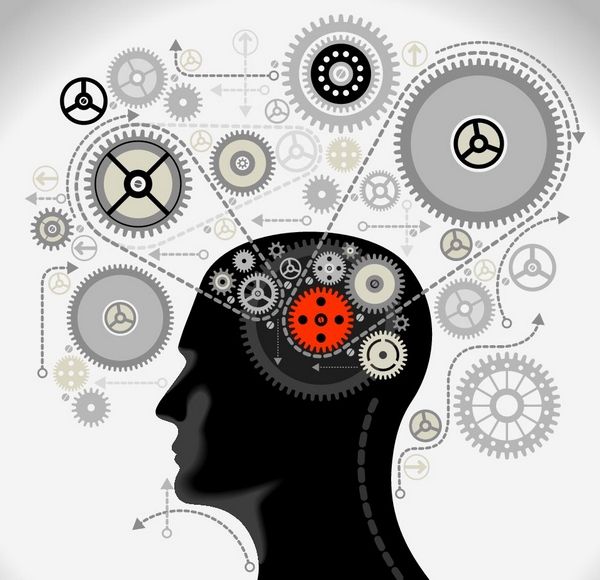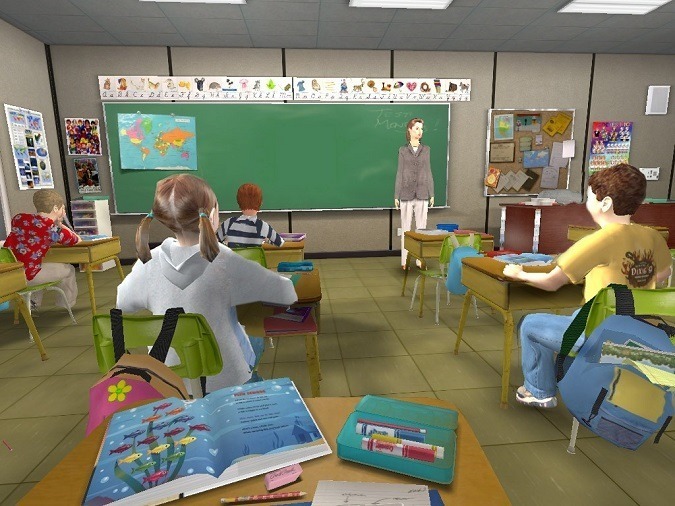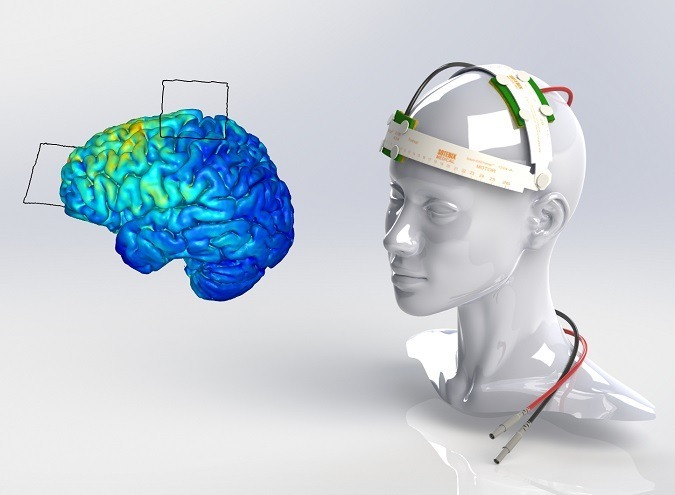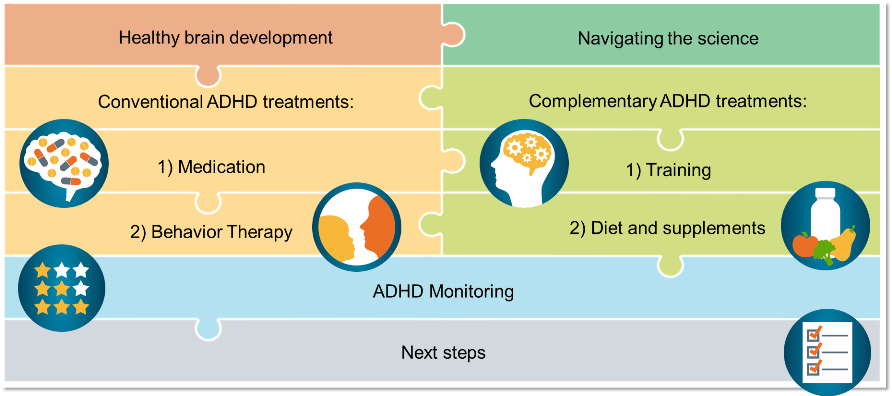Posts Tagged ‘working-memory-training’
Five quick brain teasers to flex those Attention and Working Memory mental muscles
. Looking for some fun cognitive stimulation to kickstart the week? Below you’ll find a few brain teasers to challenge your attention and your working memory–the ability to keep information in your mind while manipulating multiple units of information at the same time. Give them a try … they are not as easy as they may sound :-)
Read MoreInitial study finds promise and limitations in using virtual reality (VR) to treat ADHD
___ Given the limitations of existing evidence-based ADHD treatments, i.e., stimulant medication and behavior therapy — research on novel intervention approaches continues to be important. Cognitive training is one such approach that has been suggested as a potential adjunct or even replacement for medication treatment. While cognitive training takes different forms, e.g., computerized attention training,…
Read MoreResearch trend: Combining brain stimulation with cognitive training to enhance attention and memory
In 47 CE, Scribonius Largus, court physician to the Roman emperor Claudius, described in his Compositiones a method for treating chronic migraines: place torpedo fish on the scalps of patients to ease their pain with electric shocks. Largus was on the right path; our brains are comprised of electrical signals that influence how brain cells…
Read MoreStudy suggests the real deficit underlying Attention Deficit Disorders is not Attention, but Working Memory
______________________________ Many parents have observed that their child with ADHD stays attentive and engaged during ‘high interest’ activities, e.g., while playing video games, but has considerable problems staying focused on less inherently engaging tasks, e.g., doing schoolwork. This discrepancy in attention during preferred and non-preferred activities has led some to
Read More5 Must-Read Articles, and an Online Course, to Help Children with ADHD
—– Given the ongoing changes and controversies surrounding ADHD diagnosis and treatment, let us highlight 5 key articles written by Duke University’s Dr. David Rabiner to summarize recent scientific findings and their implications, plus a very relevant online course to help parents and professionals help children with ADHD. 1. Study finds large gaps between research and practice…
Read MoreNow available — Online Course: How to Navigate Conventional and Complementary ADHD Treatments for Healthy Brain Development
In order to successfully promote children’s healthy brain development, every parent whose child has been diagnosed with ADHD should learn how to systematically navigate and monitor the range of potential ADHD treatments based on the latest scientific evidence. This course aims at providing the necessary information, frameworks and toolkits to make well-informed decisions, in conjunction…
Read More





